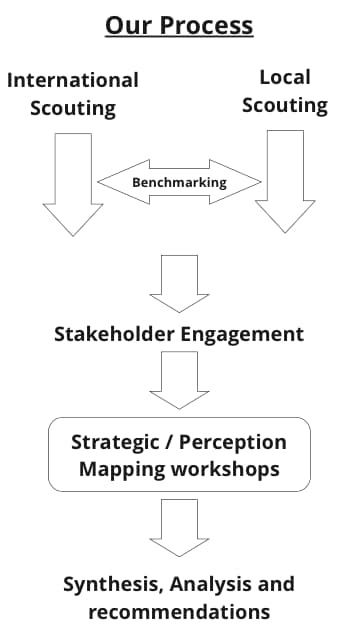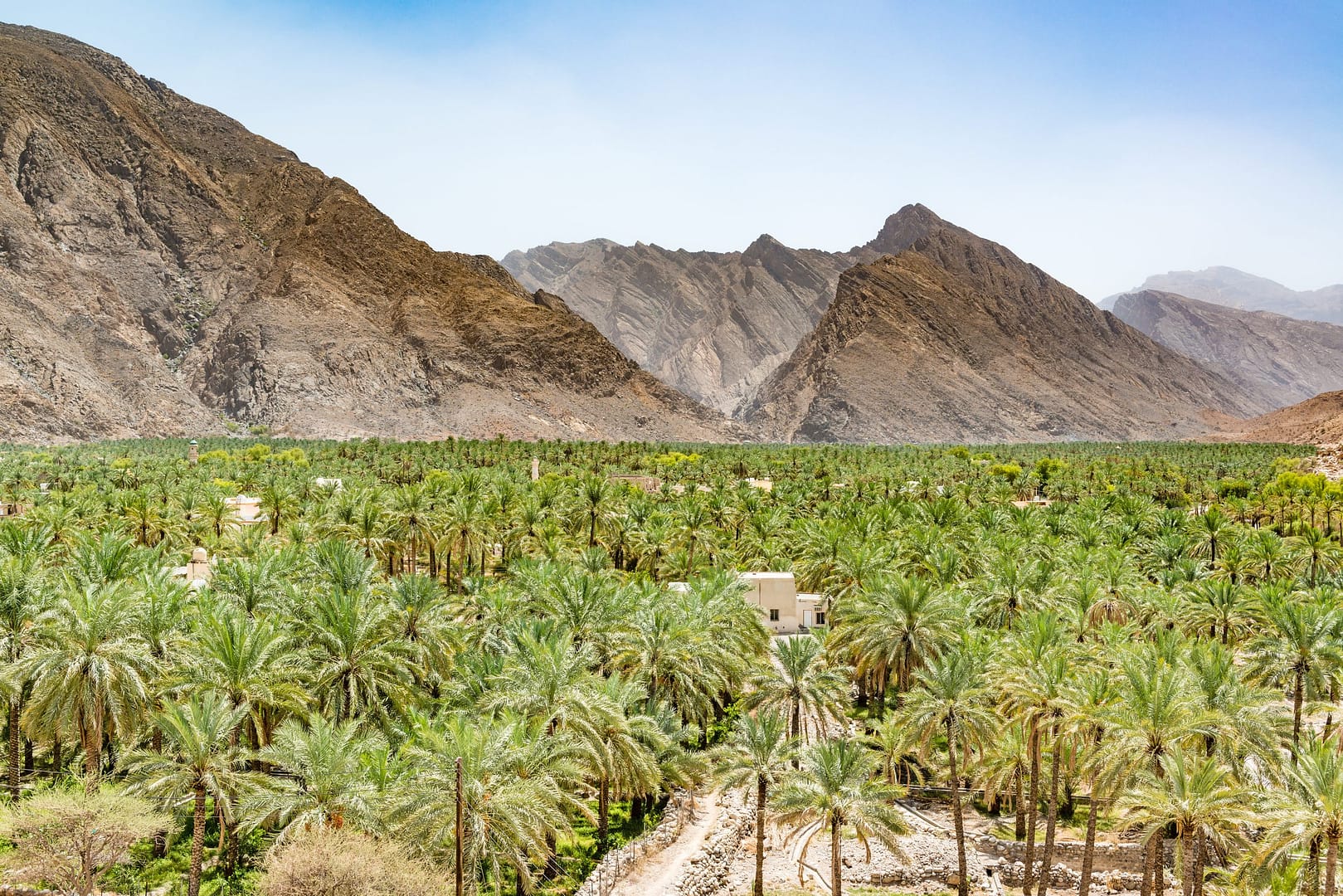Case Study: Sector Innovation – Oman
Transformation of the food production system in Oman
Client Overview:We were tasked by government ministries of the Sultanate of Oman to evaluate the potential for growth and investment in industrial sectors beyond the dominant oil and gas sector. The ultimate objective was to recommend a range of business and investment opportunities in the selected sectors to stimulate the initiation of start-ups, development of SMEs and the expansion of existing businesses in the sultanate. We were also asked to provide recommended policy frameworks and initiatives to enable these ambitions. |
 |
 |
Background:Oman has a national priority to diversify its economy, such that oil and gas cease to be the dominant engine of growth. The nation is conscious of its reliance on imported goods, which in some sectors has wider consequences than economic trade balance. In the food sector, the nation wishes to close the gap between production and consumption; a matter of national security in an uncertain world. Agricultural production has been suffering from degradation of fertility, salination of aquifers and pressure on water resources. |
Our Approach:
|
 |
 |
Outcomes: An achievable vision for Oman where agricultural production is increased, not by percentage points but by multiples to become a net exporter of food. And at the same time, to restore biodiversity, sequester carbon, increase employment and economic output.
Moving Forward: Oman has the opportunity to leapfrog other GCC nations by avoiding the temptation to over-prioritise investments in high-tech industrial agriculture. Instead, lessons from its agricultural heritage, combined with appropriate use of new technologies could work with natural systems to green the desert. Conclusion: The SI structured approach to sector innovation resulted in surprising findings that opened up the possibility of transforming and extending food production to an extent far greater than anticipated. |
- October 20, 2023
At Strategic Innovation (SI), we stand at the forefront of creative problem-solving and strategic innovation. When approached by the innovation sector of Oman to transform the country’s food production system, we used our analytical prowess, combined with the power of TRIZ-based solutions, to map out a sustainable future. Key outputs included tangible next steps to becoming a global food exporter, by increasing internal stability and expanding the country’s export markets.